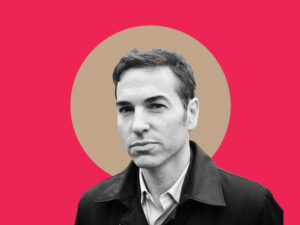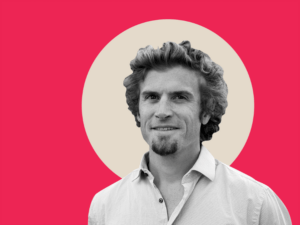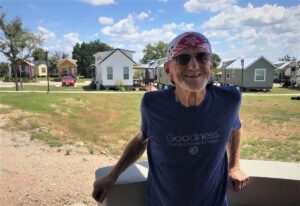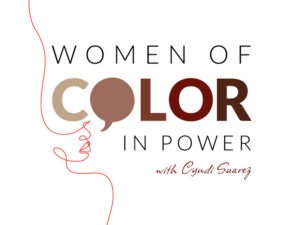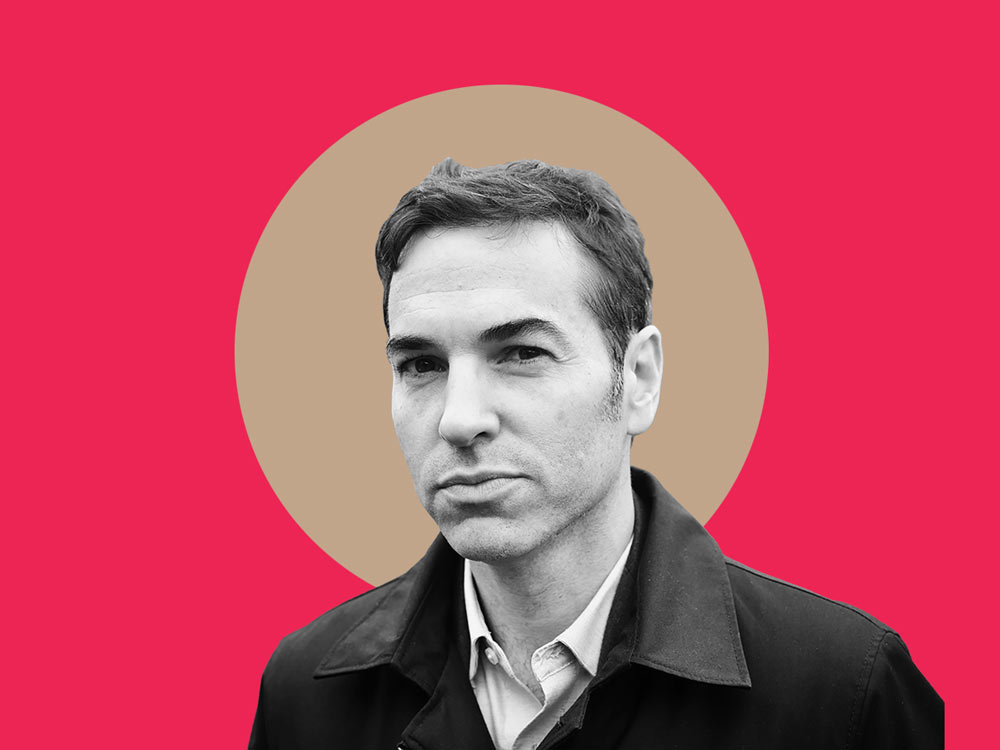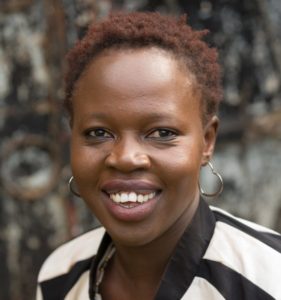
Over the last few years, nonprofits have been urged to tell stories to ensure their work is both memorable and fundable. This propensity for storytelling in the sector has created concerns about what many call “poverty porn”—the portrayal of people as helpless victims, such as the classic shot of a small child whose eyes are brimming with tears.
But there is another version that you might call “survivor porn.” This can happen when survivors of trauma are asked by a nonprofit to provide the emotional hook for their cause. But what is less understood are the ways in which these survivors may experience a number of unexpected personal and emotional challenges in the aftermath of sharing their stories. In this podcast, we look at the ethics of this kind of storytelling and ask some hard questions about the power dynamics between survivors and the nonprofits that have helped them.
“Think about the power that organization holds over this victim,” says Sophie Otiende. “And then think about consent. Think about whether that victim—that survivor—would actually be able to give proper consent about telling their stor[y].”
Otiende is a program consultant for HAART Kenya, a nonprofit that bills itself as the only organization in Kenya that works exclusively on eradicating human trafficking. Otiende is in charge of its protection department and works directly with victims of trafficking. And while many survivors may find sharing their stories cathartic, Otiende has concerns about the unspoken risks survivors may face when they go public.
Sign up for our free newsletters
Subscribe to NPQ's newsletters to have our top stories delivered directly to your inbox.
By signing up, you agree to our privacy policy and terms of use, and to receive messages from NPQ and our partners.
No one talks to survivors about the impact of telling your story—what it does to you, what it ultimately means—because we tend to think we live in an ideal world where, when I tell my story, everyone will be moved with compassion. We all know that’s not true.
In this podcast, Otiende also discusses her anti-trafficking work, and why awareness campaigns fail to deter vulnerable women who are already suffering from poverty and abuse in their own homes. A desire to escape these circumstances may be reason enough for them to accept risks in order to secure a better life in another country. “When you talk about awareness being the only solution,” Otiende says, “you have to look at the context that people are coming from and the fact that they’re making logical decisions based on their circumstances.”
Working with trafficking victims has also taken a personal toll on Otiende. She says donors must do a better job of providing emotional support to frontline staff. “We have so many people just getting to a point where they’re exhausted and they burn out,” she explains. “If I was working in a metal company and I was working with machines, my employer would be concerned to give me tools to protect my hands to make sure I didn’t cut myself. Why can’t we also think about that when we are thinking about people who are working with [victims of] trauma?”
ADDITIONAL RESOURCES
• HAART’s website
• The Star: “Sophie Otiende Realises Her Dream to Help Others”
• Reuters: Don’t treat us like zoo animals, say trafficking survivors
• Tiny Spark podcast What Can We Do about the White Savior Complex?
Photo Credit: Matilde Simmas


